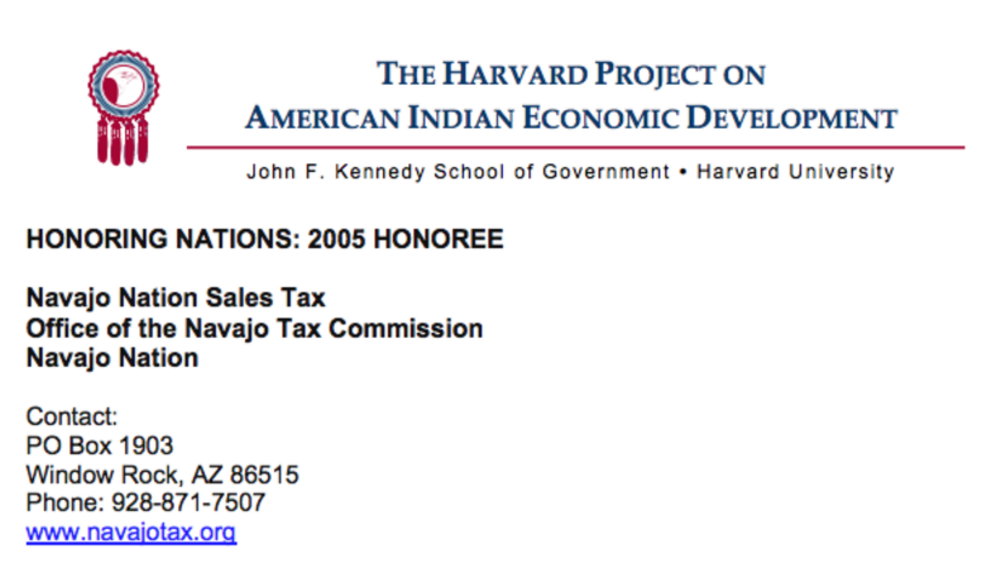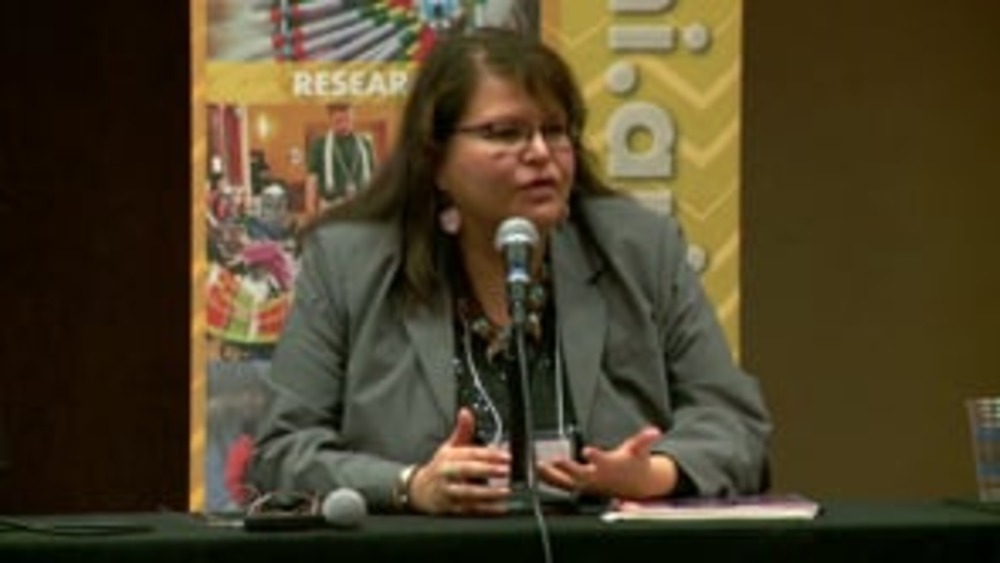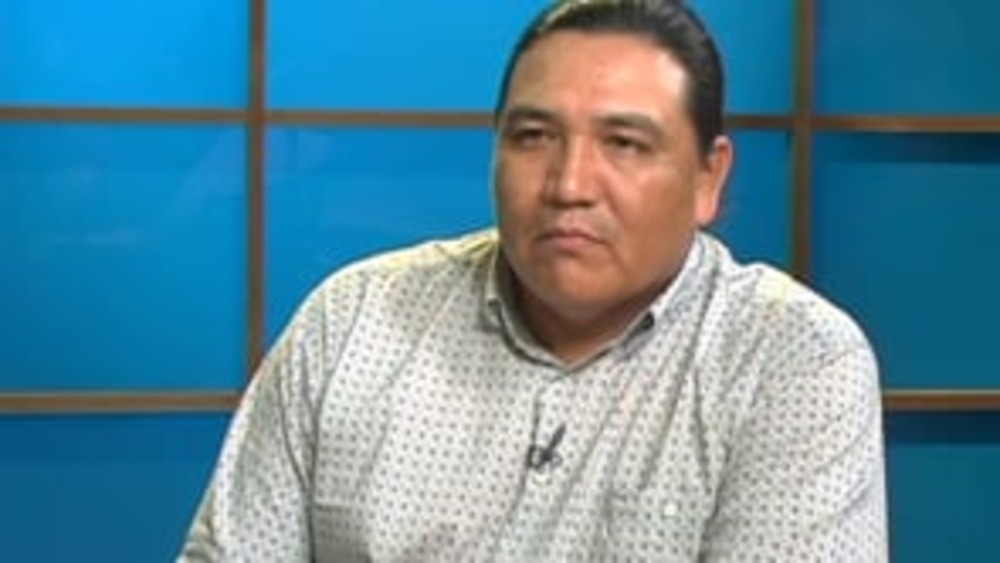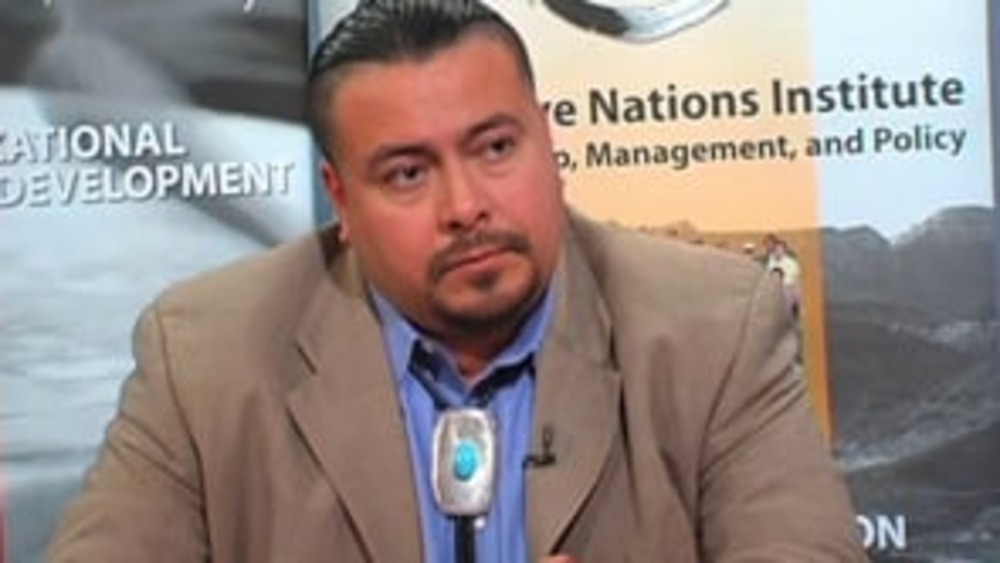Indigenous Governance Database
grant dependency

Navajo Nation Sales Tax
Challenges facing sovereign nations include how to support themselves financially, run their governments, and meet the needs of their peoples. In 1974, the Navajo Nation established a Navajo Tax Commission. Following a US Supreme Court decision affirming the Nation’s right to impose taxes, the…

Eldena Bear Don't Walk and Rae Nell Vaughn: So What's So Important About Tribal Courts? (Q&A)
In this short session, panelists Eldena Bear Don't Walk and Rae Nell Vaughn delve into further detail about the importance of tribal justice systems receiving adequate funding in order to administer justice effectively. Robert Yazzie, former Chief Justice of the Navajo Nation Supreme Court, also…

Leroy LaPlante, Jr.: Effective Bureaucracies and Independent Justice Systems: Key to Nation Building
In this informative interview with NNI's Ian Record, Leroy LaPlante, Jr., former chief administrative officer with the Cheyenne River Sioux Tribe and a former tribal judge, offers his thoughts on what Native nation bureaucracies and justice systems need to have and need to do in order to support…

NNI Indigenous Leadership Fellow: Jamie Fullmer (Part 1)
Jamie Fullmer, former chairman of the Yavapai-Apache Nation, discusses the importance of the development of capable governing institutions to Native nations' exercise of sovereignty, and provides an overview of the steps that he and his leadership colleagues took to develop those institutions…

How Do We Re-Member?
On July 2, the tribal council of the Confederated Tribes of the Grand Ronde held a special meeting to allow their citizens an opportunity to testify for or against a proposed emergency enrollment ordinance whereby the Council sought to delegate its constitutional authority to involuntarily…
